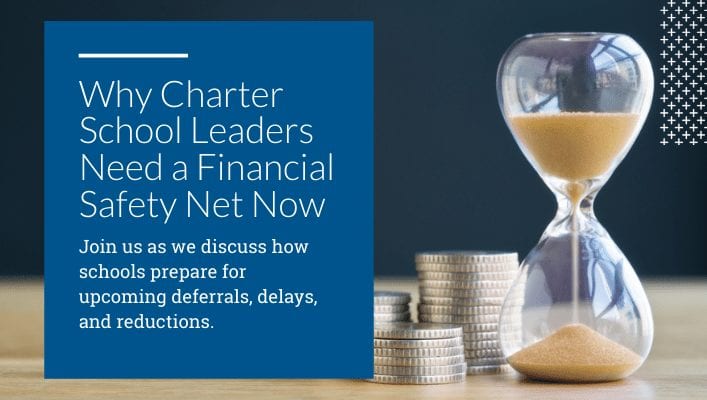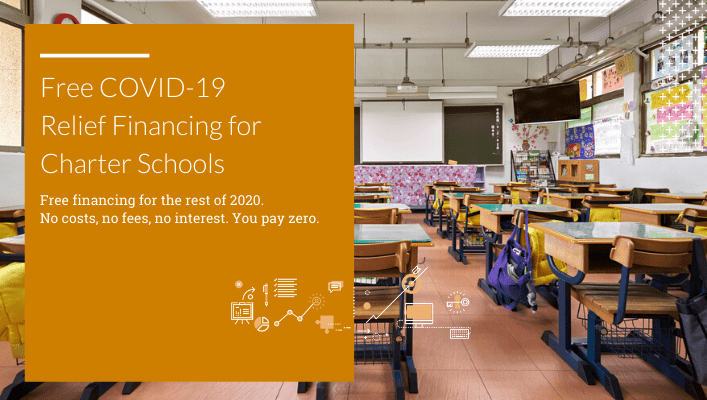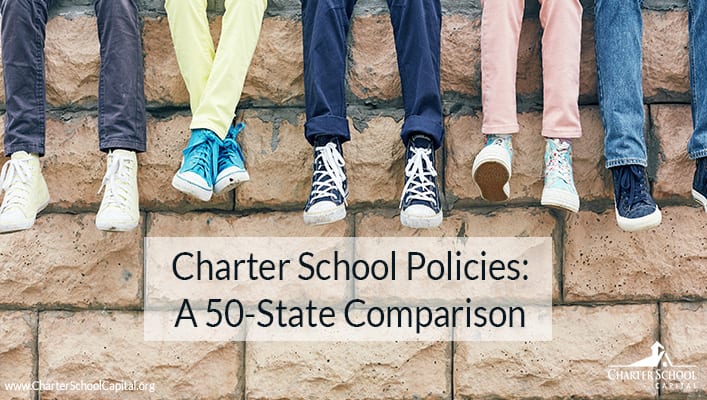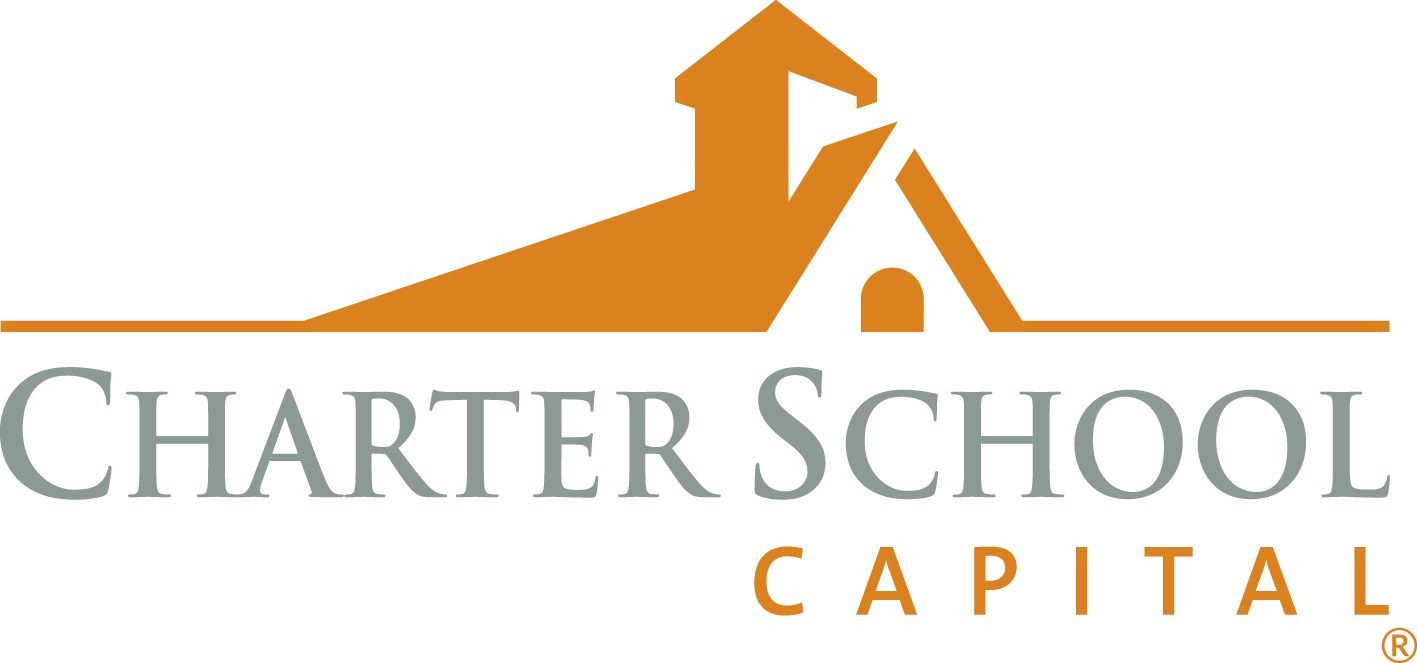Charter Schools are Driven by Quality Education
Your school is probably the creation of former teachers or academic leaders who want to pursue public education in a specific way. You may focus on STEM, the arts, multilingualism, or college prep. Charter schools are able to offer students innovative ways of learning. Check out the amazing programs at Catalyst Charter Academy in Pittsburgh, PA, Aurum Prep in West Oakland, CA and Dual Language Immersion North County in Vista, CA.
Charter Students Have Performed Better on Assessments
In addition to smaller class sizes, a study by the Manhattan Institute discovered that charter schools average an additional 59 learning days of math and 44 days of reading in comparison with traditional public schools. This means that students in charter schools are more likely to perform better on standardized tests. What is more, charter schools have higher graduation rates for Black and Latino students. Vanguard Collegiate of Indianapolis, SET High in San Diego, CA, and The Foundation for Hispanic Education in San Jose, CA are ensuring smaller classes, access to tutoring, and more in-class time for learning.
Higher Graduation Rates Can Lead to Being More Likely to Stay in College
With higher graduation rates, charter students also have high college persistence, meaning they return to college for multiple semesters. College persistence matters—as Academia Avance in Highland Park, CA, Gateway College & Career Academy in Riverside, CA, and Hope for Hyndman Charter School (HHCS) in Hyndman, PA can attest.
Charter Schools Thrive in Communities
More community involvement can be correlated to steadier attendance and better outcomes both both kids and communities. Charter schools have the ability to be more available to—and flexible around—the challenges facing individual students, families, and communities. Edge High School in Tucson, AZ, Buckeye Community Schools serving multiple locations in Ohio, and Eastlake High School in Colorado Springs, CO know that high school diplomas change lives—and so does the flexibility to earn them. Year-round enrollment, morning or afternoon classes, and lots of 1:1 attention for all at these charter high schools serving grades 9-12.
Charter schools can design community-based leadership and curriculum, as seen at Almond Acres Charter Academy in Paso Robles, CA, Hasañ Preparatory & Leadership Academy in Tucson, AZ, and Green Inspiration Academy in Warrensville Heights, OH.
Charter school leaders are education’s great innovators. It’s a privilege to work alongside them to ensure that every student has access to a nourishing school environment where they can flourish.






